
Efunroye: A Unicorn Or Slave Trader, Nigerians React To Faithia Balogun’s New Movie
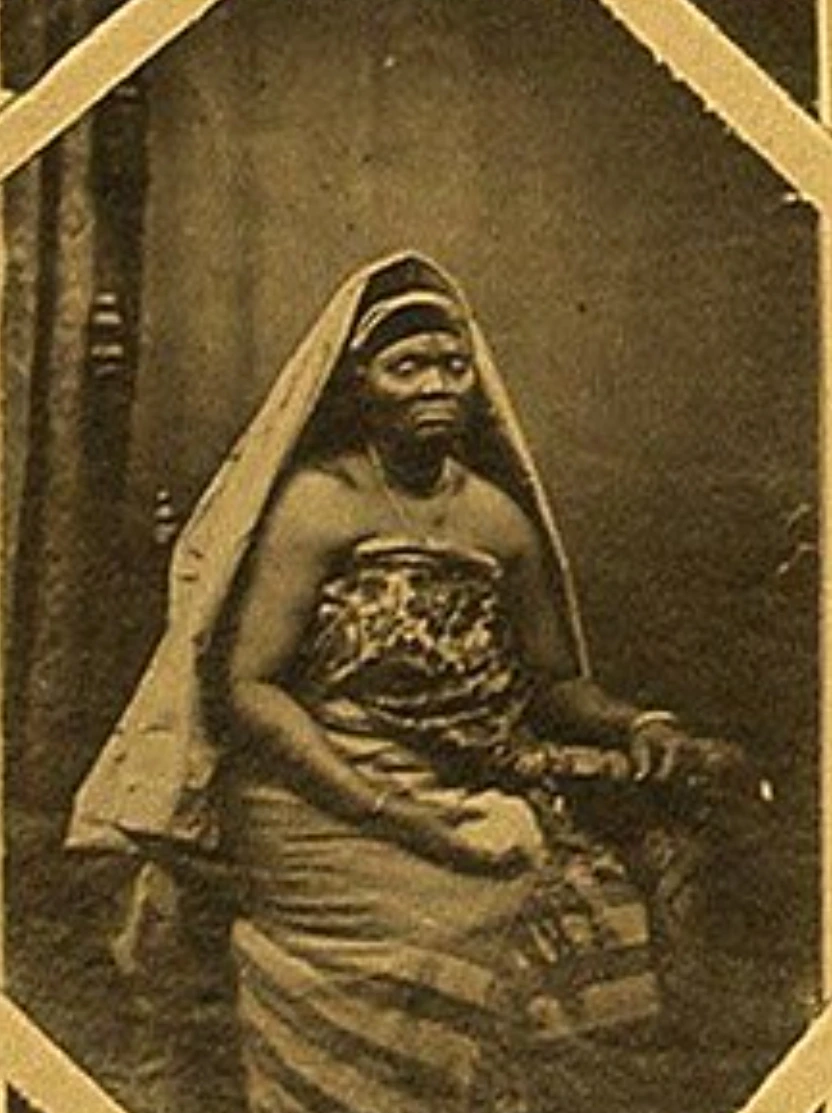
Nigerian actress Faithia Balogun has announced her forthcoming movie titled Efunroye: The Unicorn, which has ignited a heated debate among Nigerians over the portrayal of a historical figure associated with the transatlantic slave trade. While the release date for the film remains undisclosed, the project has already stirred controversy due to the complex legacy of its central figure, Madam Efunroye Tinubu.
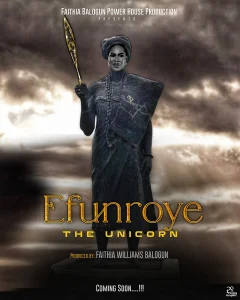
Efunroye, born in 1810, was a powerful merchant and prominent slave trader in 19th century Lagos and Abeokuta. Despite her rise from humble beginnings to become one of the wealthiest women of her time, Efunroye’s wealth and influence were built on the trade of enslaved Africans. She established a thriving trade network with European merchants, dealing in slaves, tobacco, palm oil, and other commodities. Reports suggest she owned over 360 personal slaves and resisted efforts to curtail the slave trade, even after a treaty was signed by the British to abolish it in Lagos in 1852.
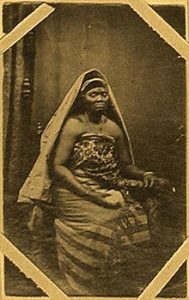
She fought the British because they were enforcing the abolishment of slave trading on the West African coast. Efunroye was a major player in the business of slave trade in West Africa and begs the question on why she’s a subject of glorification.
David Hundeyin, founder and chief editor of West Africa Weekly, expressed his discontent on social media, condemning the decision to create a movie that appears to celebrate Efunroye.
“A deliberate decision was made to fund a Nigerian movie lionizing not just any slave trader, but the ultimate slave trader, Efunroye Tinubu, Hundeyin stated on Twitter.
He further linked the timing of the movie’s production to the administration of Nigeria’s current president, Bola Ahmed Tinubu, raising questions about the political and cultural implications.
Someone has declared an all-out, multifaceted war against the economic, political, psychological, emotional, and spiritual well-being of the Nigerian human being, he added.
The promotional material for “Efunroye: The Unicorn” which included a caption describing Efunroye as a ruler who “rewrote history,” has added fuel to the debate on the celebration of a figure that was deeply entrenched in the slave trade.

Nigerians are concerned on how historical figures like Efunroye should be portrayed in modern narratives, especially when their legacies are intertwined with painful histories like slavery. While some argue that the film could provide a nuanced perspective, others believe it risks distorting history by presenting Efunroye as a “unicorn,” a term often associated with greatness.
There are countless narratives to explore from Nigeria’s precolonial era, with stories spread across both the Northern and Southern regions. Many historical figures played crucial roles in shaping the country’s path, leaving lasting impacts. To some, portraying Efunroye as a heroine raises troubling questions about a perceived Nigerian tendency to excuse or even glorify wrongdoing.
This school of thought believes that over the years, Nigerian pop culture has incubated a destructive habit of celebrating and bestowing leadership on individuals who do not pass the test of historical smell test. Whatever school of thought one may belong to, it is fair to say that Nigeria is in dire need of good examples and stories that inspire progress.
Read More:
- Dangote Refinery Starts Direct Sales of Petrol to Oil Marketers, As NNPC Quits Intermediary Roles
- Nigerian Actress Somkele Idhalama Joins Cast Of American TV Series Star Trek: Discovery
- Côte d’Ivoire Begins Construction of 37km Metro Line in Abidjan to Ease Traffic
About The Author
Related Articles
Wizkid and Asake Join Forces on New Collaborative EP
Wizkid and Asake have released a collaborative EP, uniting two of Nigeria’s...
ByWest Africa WeeklyJanuary 29, 2026Toyin Abraham Joins Funke Akindele as Nollywood Billionaire Filmmaker with Oversabi Aunty
Veteran actress, producer, and now director Toyin Abraham Ajeyemi has reached a...
ByWest Africa WeeklyJanuary 28, 2026Sinners Breaks Records as Oscar Nominations Set Stage for Fierce 2026 Awards Race
The Academy of Motion Picture Arts and Sciences has announced the full...
ByWest Africa WeeklyJanuary 23, 2026Burna Boy, Rema Lead Nigerian Sweep at Afrima 2026
Nigerian artists dominated the 9th All Africa Music Awards (Afrima), which wrapped...
ByWest Africa WeeklyJanuary 15, 2026






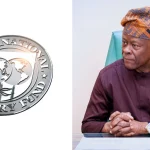

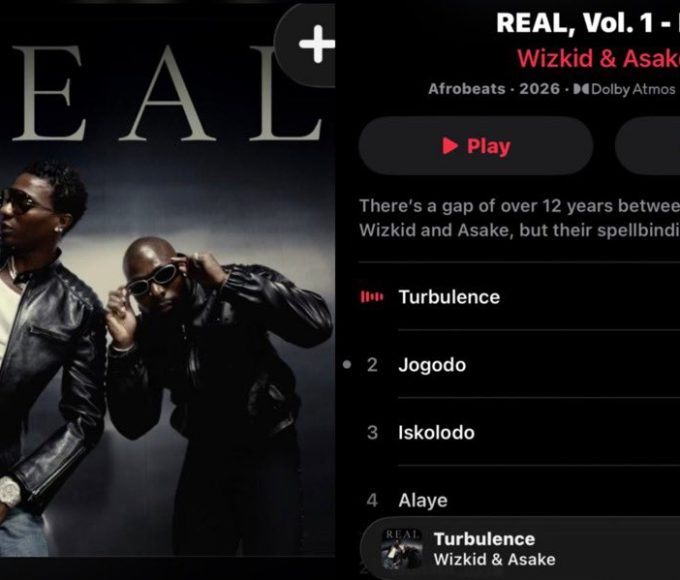
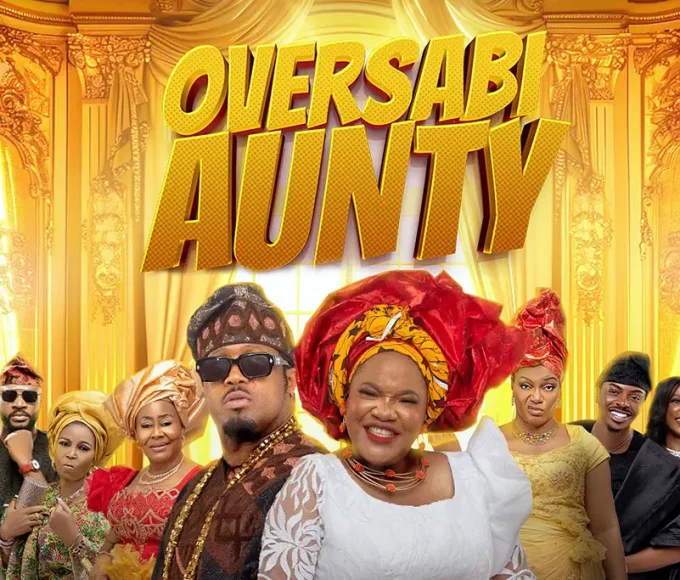


Leave a comment